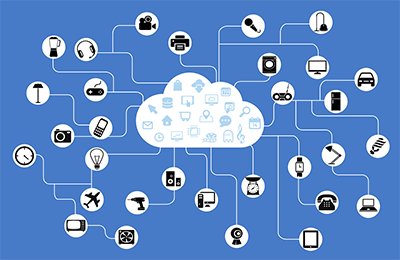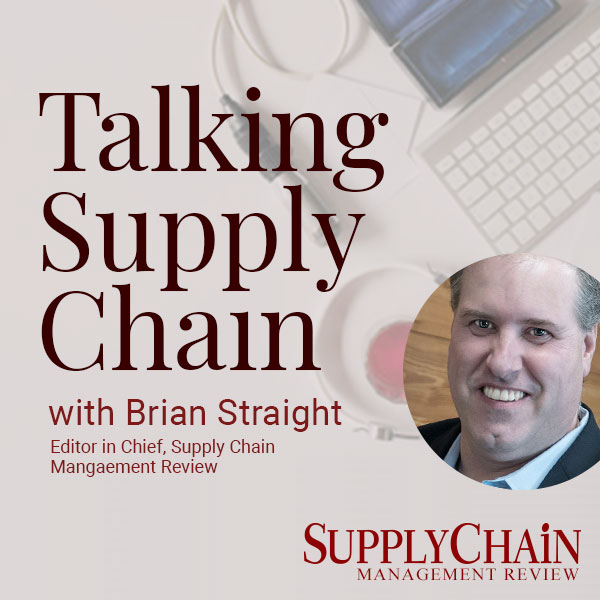Research by Inmarsat, supplier of global, mobile satellite communications, reveals relatively few businesses derive maximum benefit from the Internet of Things (IoT) data that they gather.
Most of today’s businesses only share IoT data within their own organizations, with security and privacy concerns preventing them from disseminating it to organizations in their wider supply chains. Infrequent data collection and lacking an IoT data strategy leaves many businesses surveyed struggling to extract full value from their IoT data. A more strategic, ambitious and open approach to gathering and sharing non-sensitive data could unlock substantial benefits for business struggling to make the most of IoT projects.
Collecting and sharing the right data at the right time enables companies and their partners to make better, more proactive decisions across the value chain to optimize operations as soon as a problem occurs, or even anticipate and mitigate it before it happens. Such data driven insight can help businesses reduce waste, increase productivity, improve customer service and run more sustainable operations.
The research was based on the interviews of 450 global respondents across the transport and logistics sector as well as the agriculture, electrical utilities, mining and oil and gas industries.
According to the research, of those who worked in transport, as many as 82 per cent of respondents admit their organization does not use the data collected from IoT projects as effectively as it could. This is despite high levels of IoT adoption overall. The most prevalent barriers are security and data privacy concerns, cited as a barrier by almost three in five (59 per cent) of all respondents, followed by a lag between data collection and availability (41 per cent) and the lack of an IoT data strategy (27 per cent).
Accelerating IoT adoption over the course of the Covid-19 pandemic has highlighted the fact that many businesses’ data sharing strategies are not yet as advanced as they need to be. Currently, only 20 per cent of all transport organizations make non-sensitive IoT data available to anyone in their organization, and to their partners, to access and to use. Conversely, just over two in five (42 per cent) limit the use of IoT data to certain departments involved in their IoT projects.
However, this is set to change, with a larger proportion of organizations (34 per cent) shifting towards sharing data with their wider supply chain and far fewer (23 per cent) planning on limiting IoT data to specific departments. This change is occurring as more businesses come to understand that the responsible and secure sharing of IoT data is a necessary step towards unlocking the maximum value of that data.
The research reveals that having a formal IoT data strategy is a vital step towards drawing the optimum benefits from the technology, ensuring data is produced, shared, and analyzed between the right parties at the right time. Transport organizations with a formal IoT strategy are far more likely to gather data points in their IoT projects in real time (51 per cent of respondents compared to only 16 per cent among organizations without an IoT strategy).
Steven Tompkins, Director of Market Development at Inmarsat Enterprise, said: “Transport businesses lag other sectors surveyed in their use of IoT – being the least likely to have a formal IoT strategy – so there is still much to do to leverage IoT’s full potential in this sector. It is evident that a formal strategy around IoT data is imperative to ensuring that transport companies are effectively communicating data, not just internally, but also across their supply chains. Effectively communicating the wealth of available data is an integral part of any transport business, so a formal approach and strategy will need to be non-negotiable for the sector to extract full value from its IoT projects.”
SC
MR


More IoT
- Tech investments bring revenue increases, survey finds
- Tips for CIOs to overcome technology talent acquisition troubles
- Maximizing Return on Innovation Investment: 6 Ingredients for Success
- Global IoT spend by logistics market to top $114 billion by 2032
- Industrial IoT market to reach $1.3 trillion by 2032
- Security and privacy concerns prevent effective use of IoT data
- More IoT
Latest Podcast

 Explore
Explore
Software & Technology News
- Technology’s role in mending supply chain fragility after recent disruptions
- Tech investments bring revenue increases, survey finds
- Survey reveals strategies for addressing supply chain, logistics labor shortages
- AI, virtual reality is bringing experiential learning into the modern age
- Humanoid robots’ place in an intralogistics smart robot strategy
- Tips for CIOs to overcome technology talent acquisition troubles
- More Software & Technology
Latest Software & Technology Resources

Subscribe

Supply Chain Management Review delivers the best industry content.

Editors’ Picks





